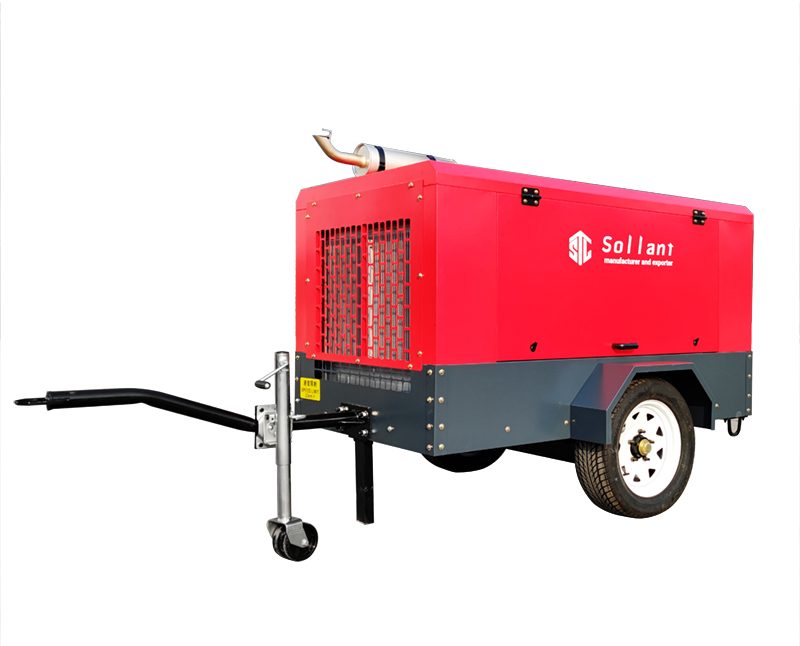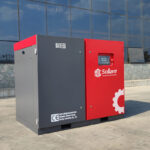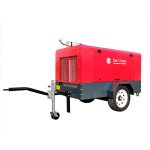Introduction:
Diaphragm compressors are widely used in various industrial applications due to their unique design and capabilities. In this article, we will discuss what diaphragm compressors are, their applications, and their advantages over other types of compressors.
What is a Diaphragm Compressor?
A diaphragm compressor is a type of positive displacement compressor that uses a flexible diaphragm to compress gas. The diaphragm separates the gas from the drive mechanism, making it suitable for compressing toxic, corrosive, or flammable gases. The compression chamber is sealed, preventing any gas from leaking or contaminating the atmosphere.
Applications of Diaphragm Compressors:
Diaphragm compressors are used in various industrial applications where the gas being compressed is sensitive or hazardous. Some of the common applications include:
1.Chemical processing: Diaphragm compressors are used to compress and transport gases used in chemical reactions, such as hydrogen, chlorine, and fluorine.
2.Oil and gas: Diaphragm compressors are used to compress natural gas, including biogas, landfill gas, and other low-pressure gases.
3.Semiconductor manufacturing: Diaphragm compressors are used in the production of semiconductors to compress gases used in the process.
4.Food processing: Diaphragm compressors are used to compress and transport gases used in food processing, such as carbon dioxide and nitrogen.
Advantages of Diaphragm Compressors:
1.Non-contaminating: The sealed compression chamber of diaphragm compressors prevents any gas from leaking or contaminating the atmosphere, making them suitable for handling sensitive or hazardous gases.
2.Low maintenance: Diaphragm compressors have fewer moving parts than other types of compressors, making them easier to maintain and less prone to failure.
3.Energy-efficient: Diaphragm compressors are energy-efficient due to their design, which reduces energy consumption and operating costs.
4.High reliability: Diaphragm compressors are known for their high reliability and long service life, making them a cost-effective solution for various industrial applications.
Conclusion:
Diaphragm compressors are an essential component in various industrial applications, particularly where the gas being compressed is sensitive or hazardous. Their unique design and capabilities make them an ideal choice for compressing toxic, corrosive, or flammable gases. The advantages of diaphragm compressors include non-contaminating, low maintenance, energy-efficient, and high reliability, making them a cost-effective solution for various industrial applications.
Sollant Focus on Energy Saving



